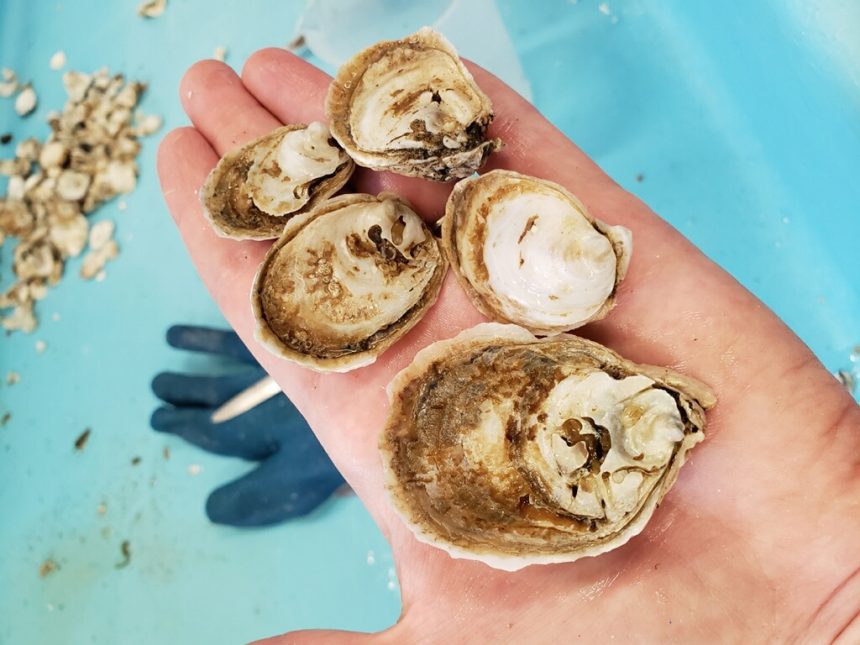The University of Southern Miss’s Thad Cochran Marine Aquaculture Center (TCMAC) along with the Gulf States Marine Fisheries Commission and the National Oceanic Atmospheric Administration, (NOAA) are working to address the needs surrounding oyster aquaculture in the Gulf of Mexico. The research consortium will be funded by the Gulf State Marine Fisheries Commission and NOAA.
“We are excited to lead this collaborative effort to develop solutions for the oyster industry in the Gulf of Mexico,” said Dr. Gordon Cannon, USM’s Vice President for Research. “This research dovetails nicely with the dedicated oyster hatchery and research center under renovation at The Thad Cochran Marine Aquaculture Center and our work to provide oyster larvae to support the state’s restoration activities.”

The creation of the consortium began as Congress recognized the oyster farming industry is composed of hundreds of small farmers who are unable to fund critical research in the fields of oyster disease, food safety, technology development, warming waters, and ocean acidification.
TCMAC is set to specifically lead the Gulf of Mexico Oyster Genetics and Breeding Research Consortium SALT (Selection of Aquaculture lines with improved Traits) Project. Dr. Eric Saillant, associate professor in the School of Ocean Science and Engineering at USM’s Gulf Coast Research laboratory, will lead the research project.
“Continued research in oyster genetics and breeding is critical to the sustainability of the Gulf oyster industry, said Dave Donaldson, executive director of the Gulf States Marine Fisheries Commission. ”The Commission is pleased to continue our long-term relationship with USM’s Thad Cochran Marine Aquaculture Center in addressing these important issues.”
To improve coordination and consistency, they directed NOAA’s National Marine Fisheries Service (NMFS) Office of Aquaculture to find ways to engage and partner with industry, academic institutions, and States to conduct collaborative research to address the challenges facing this growing industry.
“This is a wonderful example of USM’s collaborative efforts to work with industry to leverage University-based research expertise to find solutions that advance the oyster industry and promote sustainable marine aquaculture,” Cannon said.
The scientific groups included in this project are Auburn University, The University of Florida, Texas A&M University, 4Cs Breeding Technology, INC and a Business Advisory Council comprised of representatives from all five Gulf States. The grant is for five years with funding provided on a year-to-year basis. The first year of funding is $834,733.
The consortium priorities include implementing genetic selection programs for local stocks to improve production performance and developing disease or water quality resistant oyster stocks by developing a breeding program focused on critical traits to the industry including disease resistance and product quality traits. The project will produce three lines for each member state-bred for improved performance in high, medium and low salinity environments compatible with a broad range of local sites across the Gulf of Mexico.
“This collaborative research offers a unique opportunity to work with a great team of research scientists and industry partners to advance oyster aquaculture in the Gulf of Mexico,” said Dr. Kelly Lucas, director of the Thad Cochran Marine Aquaculture Research Center. “We are happy congress recognized the needs of the Gulf oyster farmers and TCMAC is delighted to help lead this effort.”







